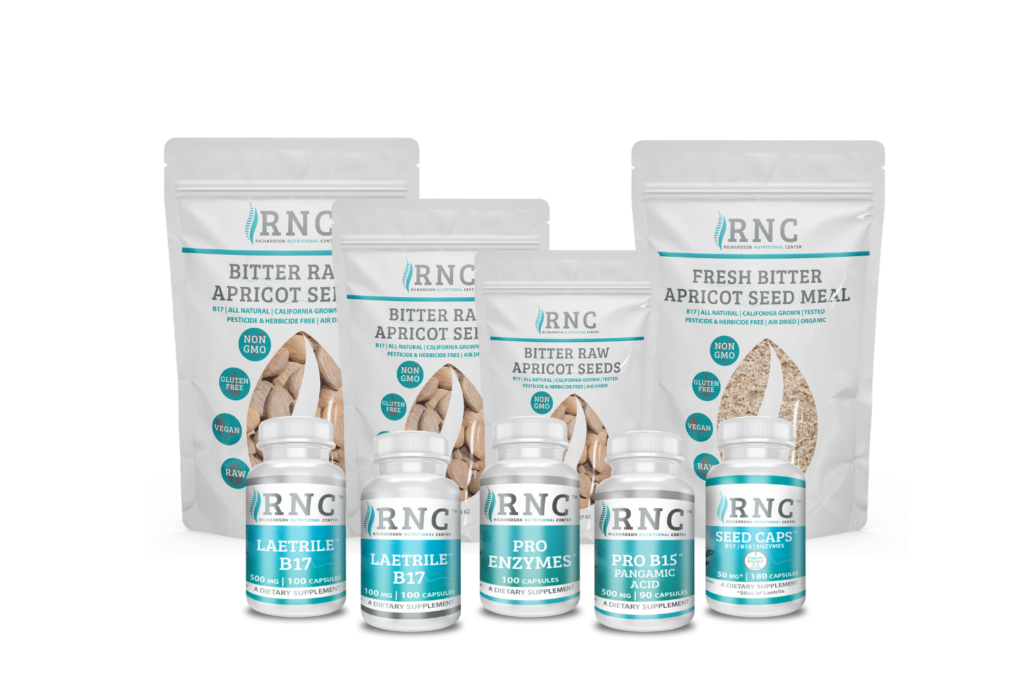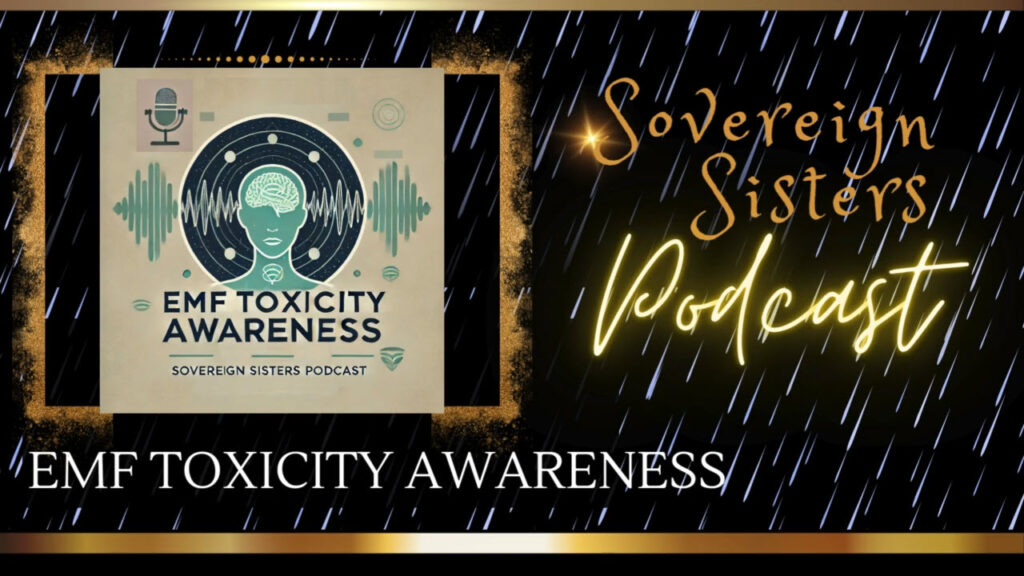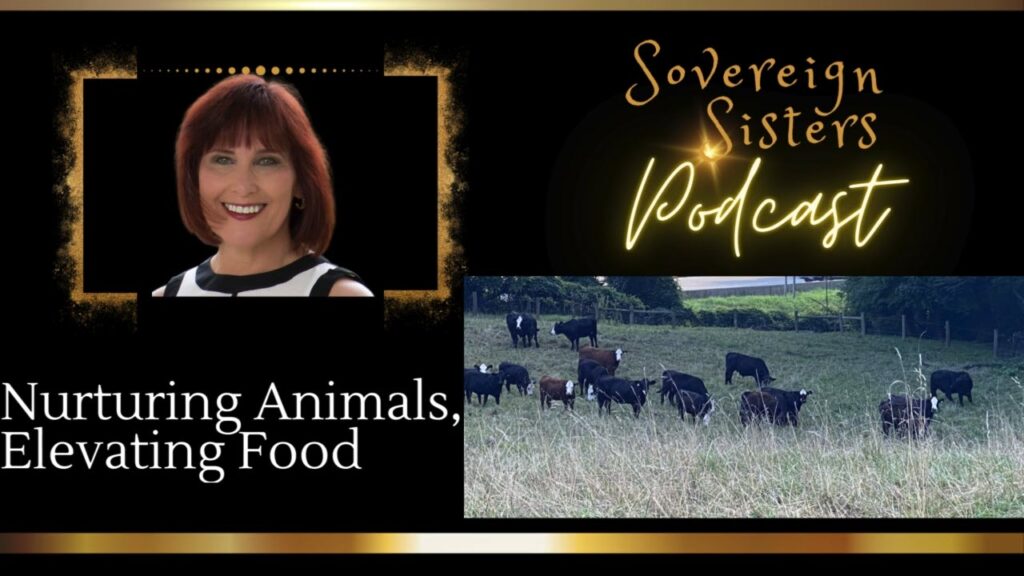The Hidden Costs of Modern Tech: Mining for Life’s Essentials
In this episode of the Sovereign Sisters Podcast, I took a deep dive into the mining industry and how it powers the modern world. From the smartphones in our pockets to the electric vehicles on the road, the essential minerals that fuel our tech-dependent lives are often extracted under harsh conditions. While these elements are critical for technology, they come at a significant cost — to both the environment and vulnerable communities. Let’s explore these hidden costs, the ethical dilemmas surrounding mining, and the fight for more sustainable practices.
The Backbone of Modern Technology: Lithium-ion Batteries
At the core of today’s technology is the lithium-ion battery. These batteries are essential for smartphones, electric vehicles, and renewable energy storage. Lithium, the primary material, is mined in areas like the Lithium Triangle in South America (Chile, Argentina, and Bolivia) and Australia. In the United States, the Piedmont Lithium project in North Carolina recently secured a statewide permit, despite concerns from local communities about environmental impact following the devastation caused by Hurricane Helene.
Other essential minerals include nickel (from Indonesia and Russia), cobalt (primarily mined in the Democratic Republic of Congo), manganese, graphite, and aluminum. These minerals are critical to boost battery efficiency and stability but are often extracted under dangerous and exploitative conditions.
The Human Cost: Mining in the Democratic Republic of Congo
Cobalt, a vital element for batteries, is predominantly mined in the Democratic Republic of Congo (DRC), where conditions for workers are notoriously poor. Many miners, including children, work in hazardous environments for little pay, often risking their lives daily. The prevalence of child labor and human rights violations in cobalt mining has drawn increasing scrutiny from international organizations.
The first video shown highlights the appalling working conditions in the DRC’s cobalt mines. It shows children and adults working in dangerous environments, illustrating the harsh reality behind the materials that power our everyday electronics.
Silicon: The Foundation of Modern Electronics
Another vital element in technology is silicon, which is used to create the chips and semiconductors found in virtually all electronic devices. Pure silicon is mined from sand, and one of the world’s largest sources is Spruce Pine, North Carolina. This small town produces incredibly pure silicon for the tech industry, underscoring how even seemingly mundane materials have far-reaching implications.
Rare Earth Elements: Critical for High-Tech Devices
Rare earth elements, many of which are mined in China, are vital for producing high-tech components such as magnets and optical devices. Like other minerals, the mining of rare earth elements is fraught with poor labor practices and environmental degradation, raising ethical concerns about the exploitation of both natural and human resources.
Environmental Impact of Mining
Mining isn’t just a human rights issue; it’s an environmental one. Extracting these minerals requires vast amounts of water and disrupts local ecosystems. For instance, lithium mining in Nevada and the coquina rock mining in Florida have raised significant concerns among local residents about water contamination and the destruction of habitats.
In Florida, residents successfully opposed an 80-acre coquina rock mine due to its threat to local wetlands, wildlife, and water resources. This grassroots activism demonstrates how communities can come together to fight environmentally harmful mining practices.
Global Hotspots for Mineral Extraction
Across the world, key regions have emerged as major players in mineral extraction. In South America’s Lithium Triangle, concerns are growing over the water-intensive nature of lithium mining, which threatens local water supplies. Similarly, Australia and China continue to lead in lithium and rare earth mining, respectively.
In the Democratic Republic of Congo, vast cobalt mines are a focal point for discussions on human rights. Meanwhile, in the U.S., mining efforts in Nevada and North Carolina have sparked debate over environmental and cultural impacts.
Geopolitical Tensions and Mining
Beyond the environmental and human costs, mining also has geopolitical implications. Ukraine, for example, sits on trillions of dollars’ worth of critical mineral resources, making it a strategic target in global conflicts. Recent political discourse has revealed that Ukraine’s mineral wealth is seen as a key factor in the ongoing war, with international powers vying for control over these valuable resources.
A video shown in the podcast illustrates how geopolitical tensions are intertwined with mining, focusing on Idaho’s cobalt mines and Ukraine’s mineral wealth. It reveals how U.S. financial support for Ukraine has been linked to cobalt mining in Idaho, raising questions about government priorities.
The Fight for Ethical Mining Practices
Despite the challenges, communities around the world continue to resist harmful mining practices. In Nevada, local groups have opposed the Thacker Pass lithium mining project, citing water usage concerns and the protection of indigenous lands. The Paiute-Shoshone tribe, for instance, has been vocal in its opposition, highlighting the historical and cultural significance of the land slated for mining.
Similarly, Idaho’s cobalt mines have drawn criticism for prioritizing mining over local agriculture. Farmers are being denied water, fueling concerns over food security and agricultural sustainability. These battles exemplify the ongoing struggle between corporate interests and the well-being of local communities.
The Hidden Costs of Technology
The minerals that power our technology come with hidden costs — human, environmental, and geopolitical. As we continue to rely on these resources, it’s crucial to push for more ethical and sustainable mining practices. Communities across the globe are fighting back against corporate interests, seeking to protect their lands and livelihoods. As sovereign citizens, it’s our responsibility to stay informed and take action, whether through advocacy, grassroots efforts, or demanding greater accountability from both governments and corporations.
Next time you pick up your smartphone or hop into an electric vehicle, consider the journey those minerals have taken — from the depths of the earth to your hands — and the lives they’ve affected along the way.
Stay informed, stay involved, and let’s work together to promote a more ethical future.
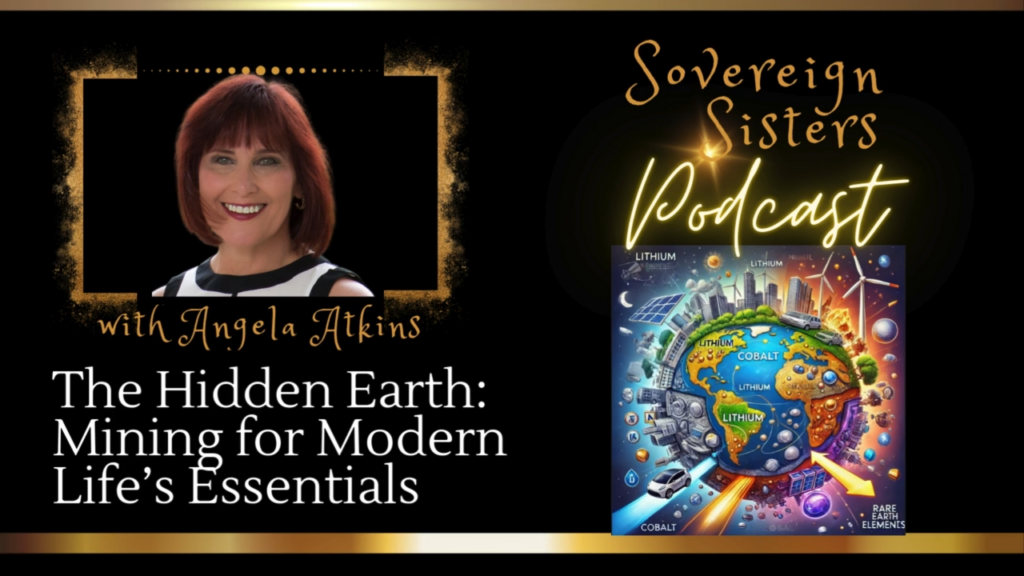
LIVE MONDAYS at 4pm PT~5pm MT~6pm CT~7pm ET on Rumble and YouTube
LINKS: https://angelaatkins.taplink.ws/
Reprinted with permission from YourHealthUnbound.com


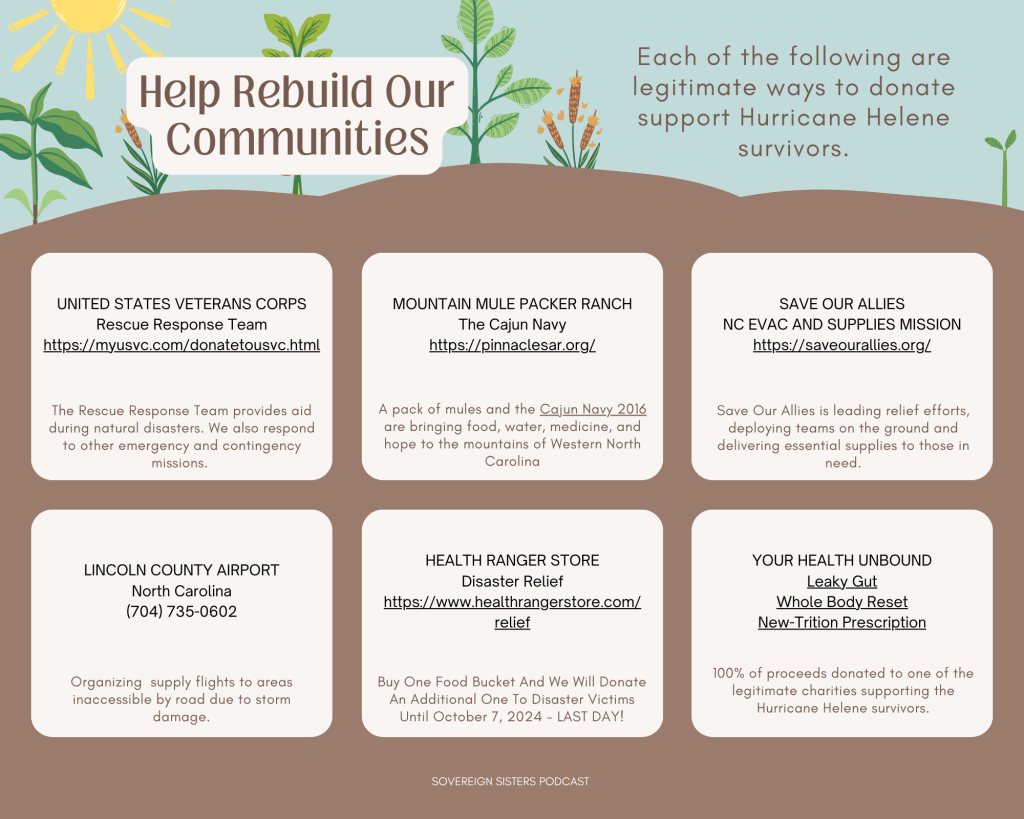


 Healing the World Through Clean Food – Health Ranger Store
Healing the World Through Clean Food – Health Ranger Store 
 Why Health Ranger Store?
Why Health Ranger Store? Lab-verified for purity – no hidden toxins or contaminants
Lab-verified for purity – no hidden toxins or contaminants Personal Testimonial: “I’ve been using products from the Health Ranger Store for years, and I can confidently say they are the cleanest, highest-quality foods and supplements I’ve found. In a world full of toxins and deception, they are truly ‘Healing the World Through Clean Food.’
Personal Testimonial: “I’ve been using products from the Health Ranger Store for years, and I can confidently say they are the cleanest, highest-quality foods and supplements I’ve found. In a world full of toxins and deception, they are truly ‘Healing the World Through Clean Food.’  If you care about what goes into your body, check them out!”
If you care about what goes into your body, check them out!” Take control of your health today. Choose clean food. Choose Health Ranger Store.
Take control of your health today. Choose clean food. Choose Health Ranger Store. Shop now and experience the difference!
Shop now and experience the difference! 
 Subscribe to the Sovereign Sisters Podcast for weekly eye-opening discussions, uncovering hidden truths, and exploring exciting new possibilities.
Subscribe to the Sovereign Sisters Podcast for weekly eye-opening discussions, uncovering hidden truths, and exploring exciting new possibilities.
 Mondays at 4pm PT~5pm MT~6pm CT~7pm ET
Mondays at 4pm PT~5pm MT~6pm CT~7pm ET Sovereign Sisters Podcast #SovereignCast
Sovereign Sisters Podcast #SovereignCast 
 Fuel the mission, support the vision.
Fuel the mission, support the vision.